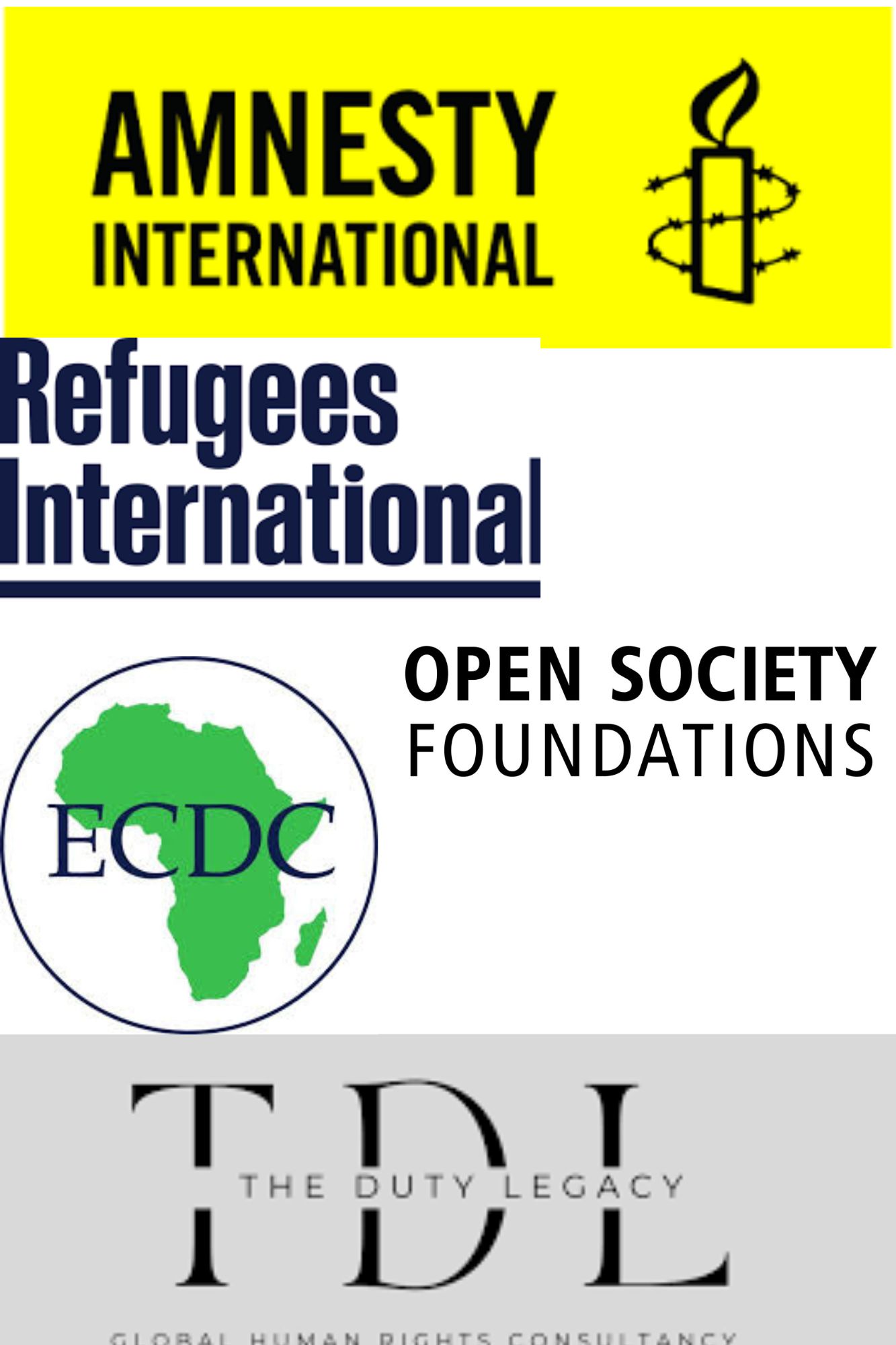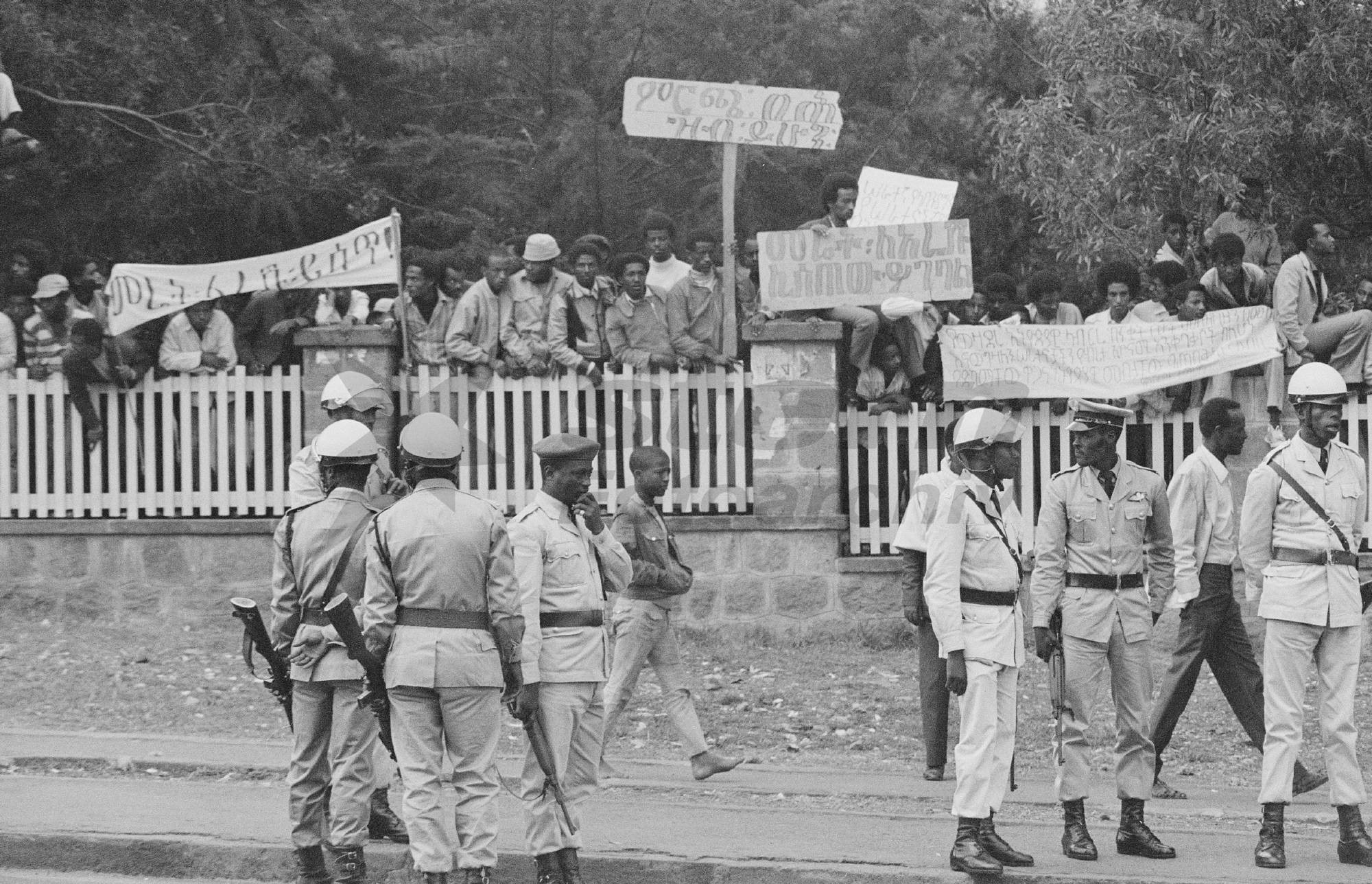The Ill-Conceived Draft Law on Nationalizing Diaspora Homes: A Threat to Ethiopia’s Fragile Economy By Nile-Voices

The recent draft law proposed by the Abiy Ahmed regime to nationalize diaspora homes in Ethiopia is not only ill-conceived but poses a serious threat to the country’s already fragile economy. According to the bill presented in parliament, diaspora properties purchased with funds brought into the country via the black market could face nationalization. This legislation aims to seize diaspora-owned properties acquired in the past decade if owners cannot provide receipts proving the legitimate source of their funds. This implies that homes purchased with money transferred through the black market are considered illegal and subject to confiscation.
Here are the key reasons why this law is problematic and likely to yield negative outcomes:
Impact on Diaspora Investments
The majority of diaspora members have invested their hard-earned money in homes and businesses to support Ethiopia’s economy and its people. Confiscating their properties would not only undermine their trust but also discourage future investments. These individuals have played a crucial role in bolstering the economy through significant contributions that have fostered growth and development. The loss of these investments would have a cascading effect, reducing the inflow of foreign capital and hindering economic progress.
Unconstitutionality
Confiscating property from individual citizens is unconstitutional under current Ethiopian, US, and international law. Such actions would undoubtedly lead to legal challenges, further complicating the implementation of the law and straining Ethiopia’s legal system. The violation of constitutional rights would also erode public confidence in the government, leading to increased political instability and social unrest.
Proof of Funds Requirement
Many diaspora members have bought homes using their own hard-earned funds but may not have retained receipts, making it difficult to prove the source of funds as requested under the new draft law. The inability to produce receipts for legitimate funds would unfairly penalize these individuals, causing unwarranted stress and financial loss. This requirement fails to account for the practical realities of financial record-keeping over long periods, particularly for those who have been making investments for many years.
Government Complicity in Black Market Exchanges
The black market exchange in Ethiopia involves elements within the government, indicating government complicity in this illegal activity. Targeting diaspora members for using these channels, while ignoring the government’s role, exposes a significant double standard and highlights the systemic issues within the country’s financial systems. This hypocrisy undermines the legitimacy of the government’s actions and raises questions about its commitment to transparency and justice.
Economic Contributions from the Diaspora
The diaspora constitutes the largest source of foreign exchange for Ethiopia, contributing over $7 billion annually in remittances. Such a policy is likely to deter further investment from the diaspora, thereby reducing Ethiopia’s primary source of foreign exchange and exacerbating the country’s economic challenges. The reduction in remittances would impact various sectors, from real estate to consumer goods, leading to a broader economic downturn.
Legitimacy of Diaspora Funds
Most diaspora members can demonstrate the source of their income in their country of residence, proving the legality of their funds. The inability to recognize these legitimate sources and the subsequent confiscation of properties purchased with legal income could lead to significant diplomatic and legal repercussions. This approach risks alienating a vital segment of the Ethiopian population and damaging international relations.
Double Standards and Corruption
Confiscating individual properties would expose the Abiy regime to accusations of double standards, especially given the corrupt acquisition of properties by government affiliates. This hypocrisy could spark outrage and further diminish trust in the government. Public perception of corruption and unfair treatment can lead to widespread disillusionment and reduce the government’s ability to govern effectively.
Economic Fragility
Given Ethiopia’s already fragile economy teetering on the brink of collapse, seizing diaspora homes will only worsen the situation. The reduction in foreign investments and remittances would significantly impact economic stability, leading to further economic decline. The government’s actions could trigger a flight of capital, exacerbating the economic crisis and leading to increased poverty and unemployment.
Legality of Transactions
The prospect of selling confiscated properties raises serious concerns about the legality of such transactions and the credibility of potential buyers. Who in their right mind would consider purchasing homes from a government that unjustly nationalizes properties without sufficient justification? This uncertainty would deter legitimate buyers, reducing property values and complicating the housing market. The resultant instability could have long-term detrimental effects on the real estate sector and the broader economy.
International Repercussions
Such a policy could expose the Ethiopian government to legal liabilities and lead international organizations like the World Bank and IMF to reconsider their support for the Ethiopian economy. The negative perception and potential sanctions from these organizations would further destabilize the already vulnerable economic situation. International isolation and reduced financial support would compound Ethiopia’s economic challenges, making recovery even more difficult.
In conclusion, the proposed draft law on nationalizing diaspora homes is poorly conceived and misguided. Rather than fostering growth and development in Ethiopia, it risks alienating diaspora support and undermining economic stability. The government must reconsider this legislation and focus on policies that encourage investment, protect individual property rights, and promote economic stability.
Nile -Voices This byline is used for anonymous contributors. Authors may choose to remain anonymous to avoid potential repercussions, whether due to a lack of authorization from the government , personal safety concerns, or fear of prosecution related to their ethnicity.
EAR Editorial Note : This is the author’s viewpoint and Views in the article do not necessarily reflect the views of EAR




